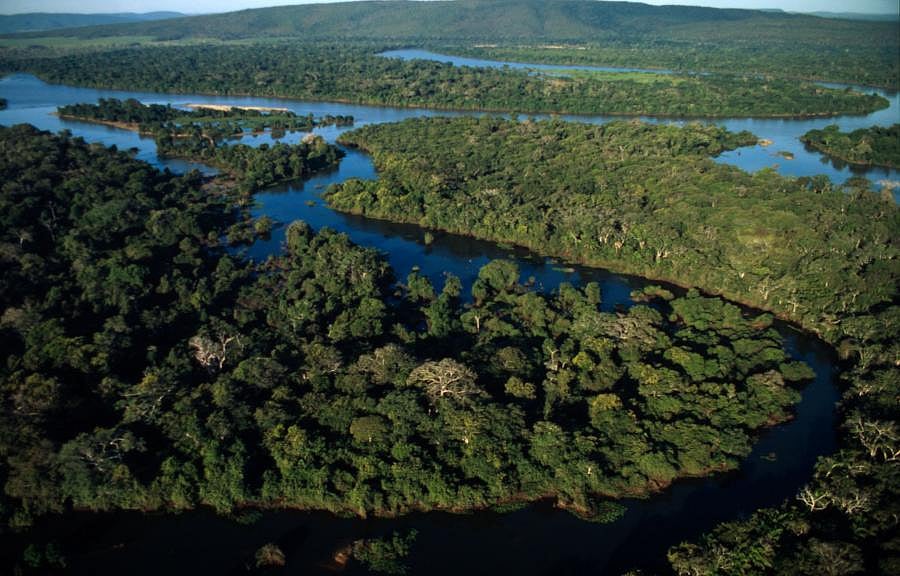Toronto: About three lakh square kilometers of natural habitat area — larger in size than the entire United Kingdom — is forecast to be converted to city land globally by 2030, according to a study which surveyed more than 900 studies on the impacts of urban growth on biodiversity. The study, published in the journal Nature Sustainability, noted that by 2030, an additional 1.2 billion people may live in urban areas globally.
The researchers, including those from McGill University in Canada, said this pace of growth is similar to adding one new city the size of New York City every six weeks. “Our understanding of the rising impacts of cities is crucial for future biodiversity targets, but we must quickly fill existing gaps in our knowledge because they impede our ability to make new policy to manage the impacts of urban growth,” said study co-author Andrew Gonzalez from McGill University.
The study noted that the direct impacts of urban expansion on biodiversity will be most severe in the tropical coastal regions such as those in China, Brazil, and Nigeria where there is a high level of biodiversity. But the authors of the current study said scientists are not studying the impacts of urban growth in the right places.
They cautioned that more research is needed to build a complete picture of how cities are impacting nature. This includes research into the impacts of urban expansion in lower income countries in the southern hemisphere where loss of natural habitat is projected to be most severe, the researchers said.
The impacts need to be particularly studied in the tropical rain forests, such as those along the Brazilian coast, in West Africa, and in Southeast Asia, they explained. The study noted that 72 per cent of research on direct urban impacts on biodiversity are in high-income countries.
However, it said, the natural habitat loss caused by urban expansion is projected to be most severe in lower-income countries. The researchers mentioned that only 34 per cent of the 922 studies surveyed had quantified the indirect impacts of urban growth on biodiversity. They explained that such indirect impacts, such as the food and energy needed to maintain city residents, stretch far beyond the city limits, and are likely to have a much greater impact than the direct impacts of the city itself.
As an example, they said, the amount of agricultural land required to feed the world’s cities is 36 times greater in size than the urban areas themselves. The researchers hope that the findings reported in the current study will lead to new policies for managing the impacts of urban growth.
—PTI










